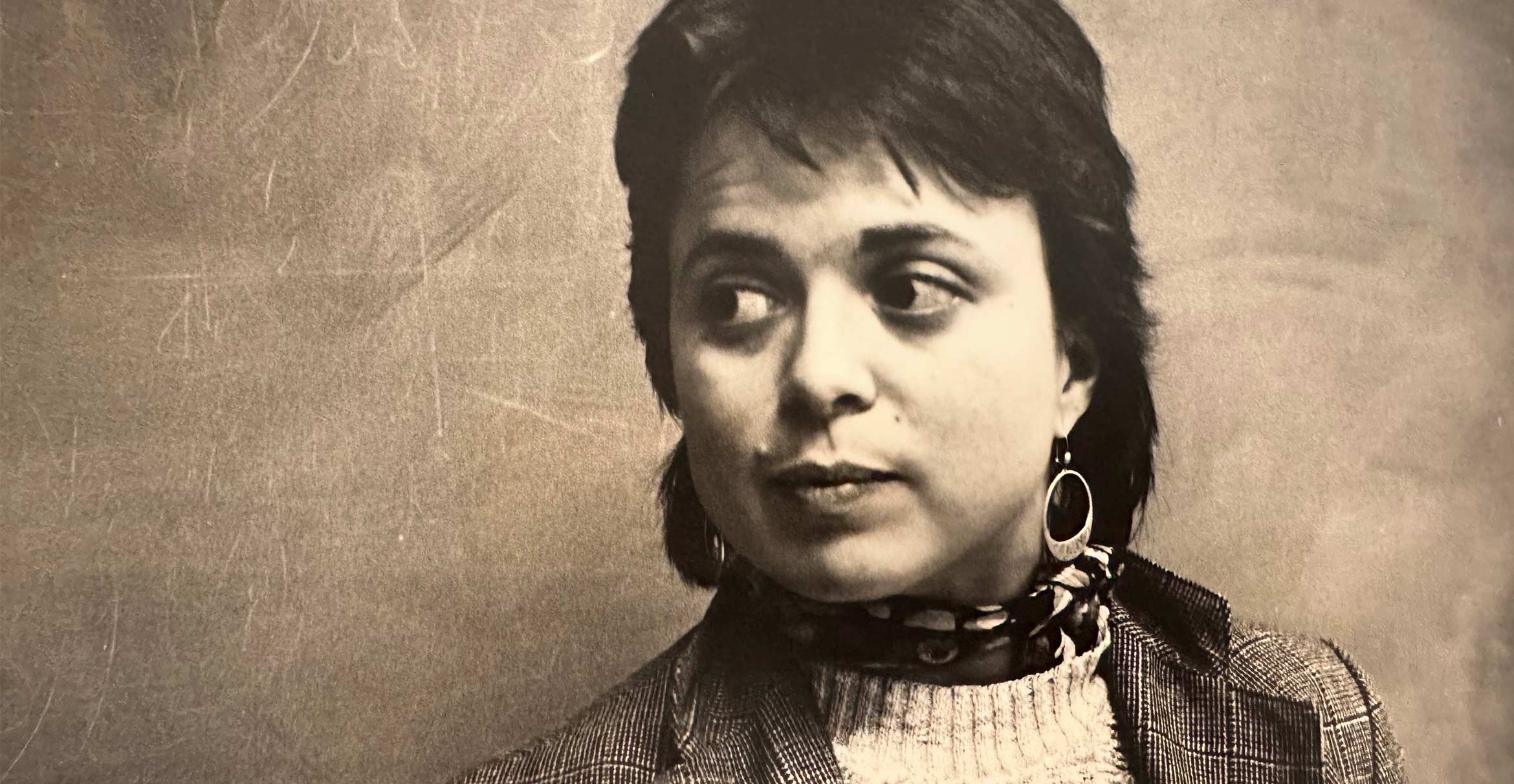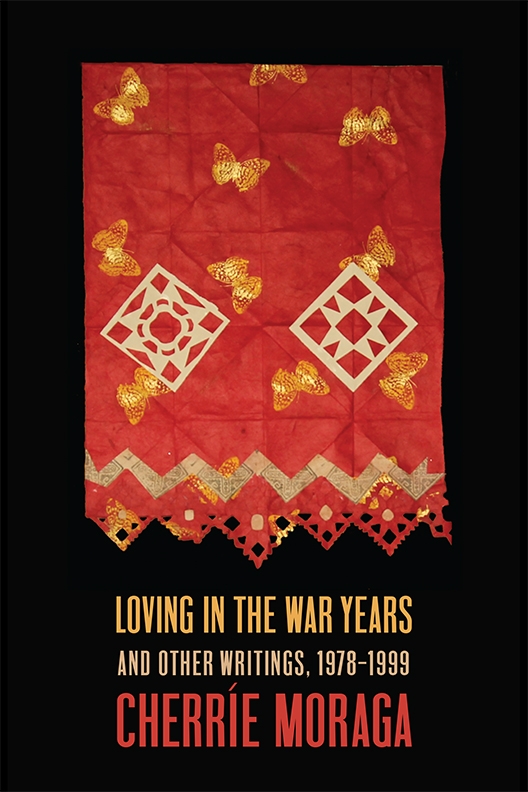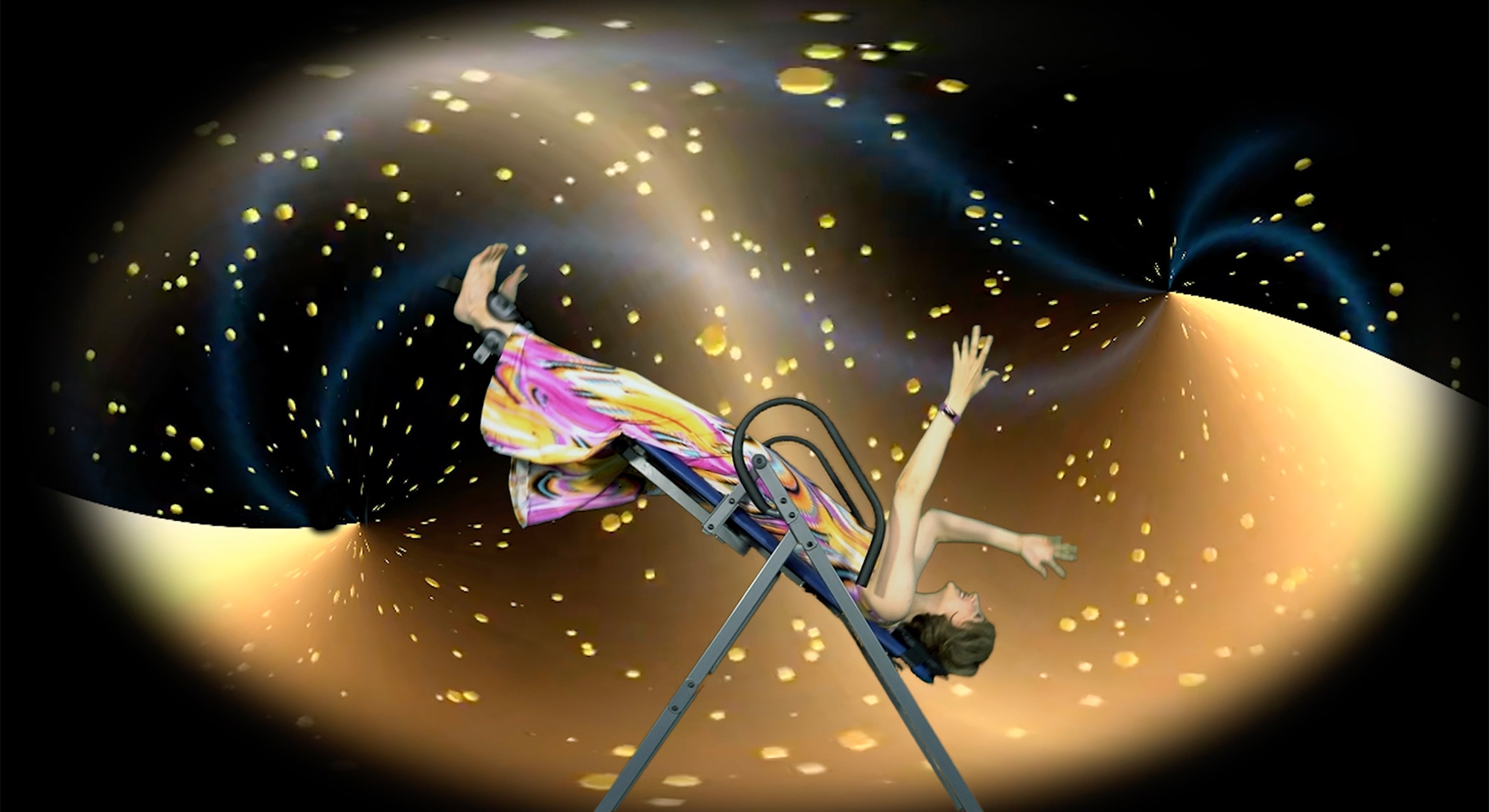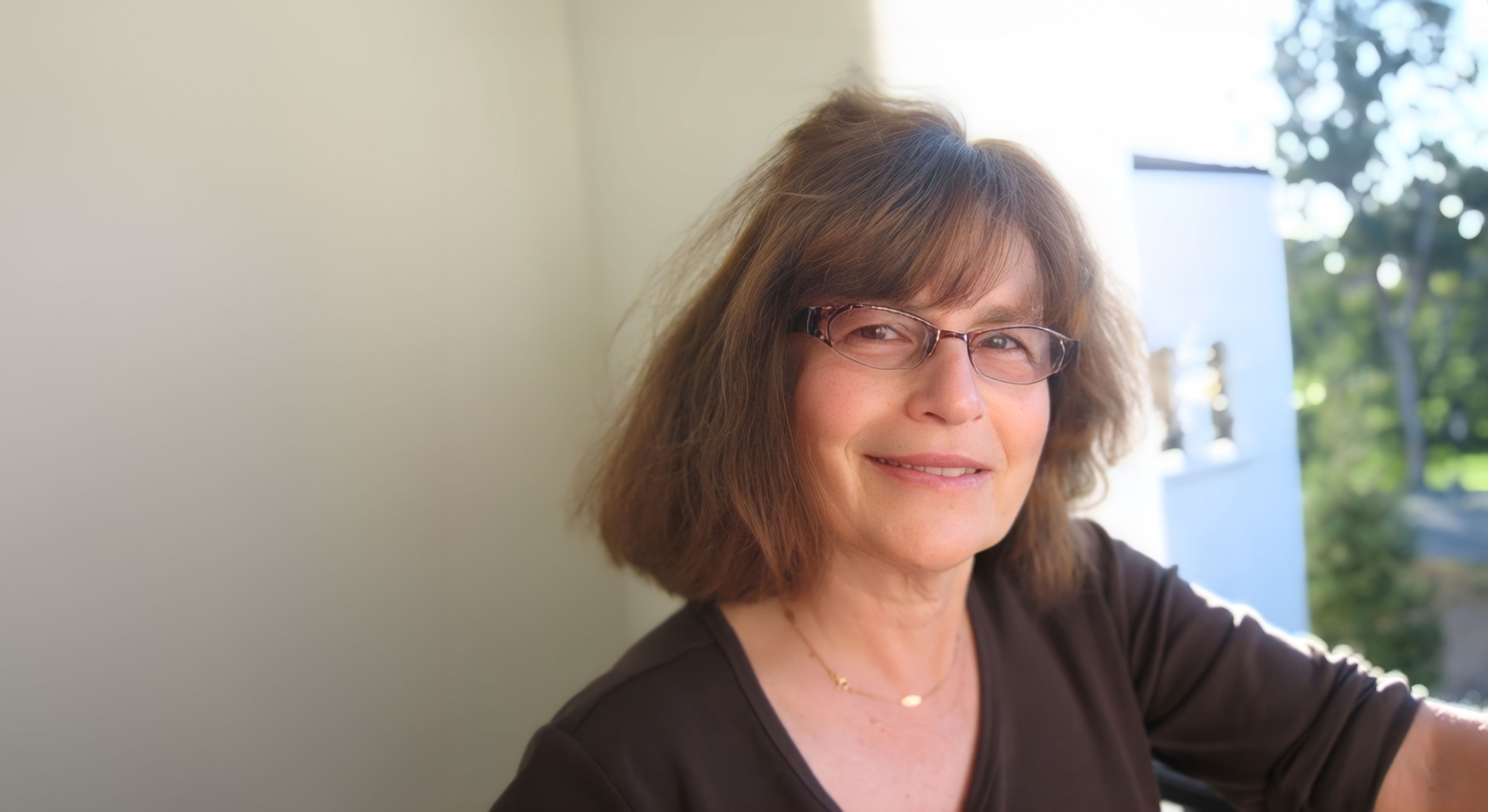
Honoring her work to elevate issues of gender, sexuality and race, Cherríe Moraga’s seminal lesbian and Chicana text is expanded and re-released
In the early 1980s, writer Cherríe Moraga left her home state of California and moved to New York City to follow love, connect with the women-of-color publishing movement and to complete her first single-authored volume, “Loving in the War Years: Lo que nunca pasó por sus labios.” The powerful memoir of poetry and prose explores her interconnected identities as a lesbian and a Chicana, coming of age in a turbulent era of American politics and social change.
“California was everywhere in my writing,” said Moraga, now an internationally recognized poet, playwright and essayist and a distinguished professor in UC Santa Barbara’s Department of English. “It was a very radical time which offered incredible visibility for my budding feminist ideas and eventually coming out as a lesbian,” she recalled. “But it was also a very dangerous time as a young working class Mexican-American woman confronting many levels of identity at once. I’ve learned a lot in the process.”
In her early writing, Moraga reflected on her family home just down the street from the San Gabriel Mission, her Catholic school education and the complexities and confusions of being a mixed-race lesbian growing up in the heady days of the Chicano and women's movements.
As a tribute to its 40th anniversary, Haymarket Books has released an expanded edition of “Loving in the War Years,” including selections of prose and poetry from Moraga’s 1993 “The Last Generation” and additional writings from the late ’90s. Regarded as sophisticated, rigorous and relentless, the combined works in the updated edition are classics of Chicana and queer literatures and part of the body of work honored in 2023 with the Luis Leal Award. The prize recognizes her introduction and elevation of issues of gender, sexuality and race through an intersectional lens long before they were commonly discussed in political and academic settings.

Moraga ultimately returned to California, where she was reunited with generations of familial and cultural history that would inform her work in the decades to come, as she bridged generations of critical activism and laid foundations for emerging writers and activists.
“I knew that if I was to continue writing as a Chicana I would need to come home,” she remembered. “I felt a real accountability to my elders; there was something about them that fortified my life.”
As the inaugural speaker for the 2023–24 Interdisciplinary Humanities Center event series “Imagining California,” Moraga will draw from these themes informed by the landscape of the state she calls her “home country.”
“We create intergenerational relationships through shared knowledges,” she added. “And we each have a responsibility to the generations that come before and after us. At some point you just have to go home to those relationships with your elders and to the children. The most effective movements pass through generations. And now, with the climate crises, for example, it will be the young people that we return to. These exchanges of knowledge can be so important — we’re incomplete without them.”
Moraga’s “Imagining California” lecture, Imagine This: The (Re)generation of Place will take place from 4–6 p.m on October 12 in the McCune Conference Room. The event is free and open to the public.
Keith Hamm
Social Sciences, Humanities & Fine Arts Writer
keithhamm@ucsb.edu



